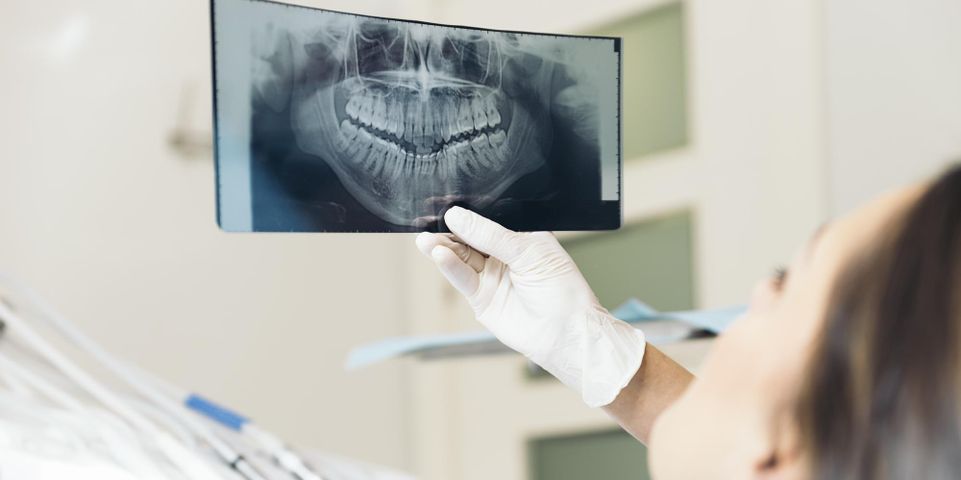
Of all the conditions dentists see in their patients, periodontal disease is among the most common. If you’ve recently been diagnosed, you likely have some questions about what the condition entails and how to manage it. Luckily, your dental care team can help you prevent the condition from worsening and provide resources to restore gum health. Discover some of the most commonly asked questions to help guide you through an informed discussion with your dental care provider below.
Common Questions About Periodontal Disease
What is it?
Periodontal disease, also referred to as gum disease, occurs when the soft tissue of your gums becomes infected, red, and swollen. Left untreated, the infection can spread and cause complications to other areas of the mouth, such as the roots of the teeth and jaw bone.
How is it caused?
 Plaque and debris build up around the gum line, containing harmful bacteria. Without regular brushing, flossing, and visits to the dentist, the plaque hardens and forms a stubborn coating. When this bacteria spreads to the gums, periodontal disease develops. Poor oral hygiene is the leading cause for the condition, but other factors that put you at a greater risk include diabetes, smoking, genetics, and obesity.
Plaque and debris build up around the gum line, containing harmful bacteria. Without regular brushing, flossing, and visits to the dentist, the plaque hardens and forms a stubborn coating. When this bacteria spreads to the gums, periodontal disease develops. Poor oral hygiene is the leading cause for the condition, but other factors that put you at a greater risk include diabetes, smoking, genetics, and obesity.
What are the symptoms?
In the initial stages, periodontal disease is characterized by red, swollen, and inflamed gums. You may also experience bleeding when you brush your teeth. If untreated, the condition can result in complications such as painful chewing, receding gums, foul breath, and tooth loss.
What are the treatment options?
Your treatment will depend on the severity of your condition. The dentist will take an X-ray of your teeth to determine if any teeth are immediately compromised by corrosion. Patients with less severe periodontal disease may be prescribed oral antibiotics and topicals to eliminate any infection. Your dentist may also perform a deep cleaning, involving a scaling and rooting procedure to remove stubborn bacteria and prevent future buildup. In severe cases, surgical procedures such as bone grafting may be required. Implants can also be rooted to replace any damaged teeth that require extraction.
As a gentle and caring dentist serving Hartford, CT, Dr. Tris J. Carta is committed to providing the best level of care for patients of all stages of life. Whether you suspect you could have gum disease or you’re simply due for teeth cleaning, you’ll find everything you need to maintain optimal oral care with the practice’s preventive, restorative, and cosmetic services. Learn more about their approach to gum disease care by visiting their website or call (860) 646-2251 to schedule an appointment.
About the Business
Have a question? Ask the experts!
Send your question

